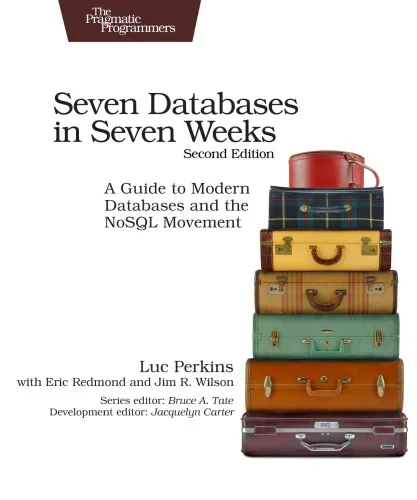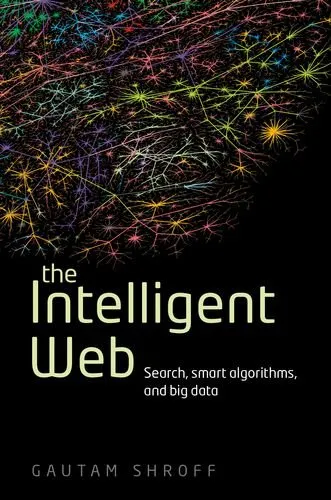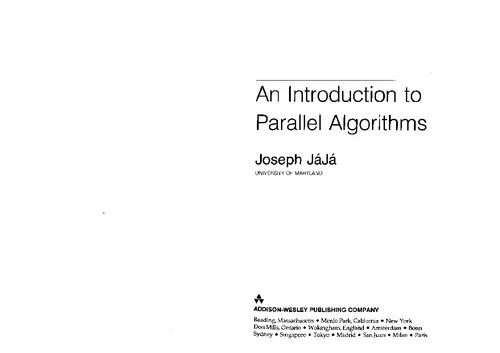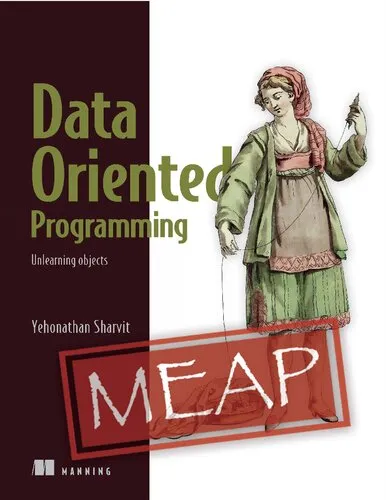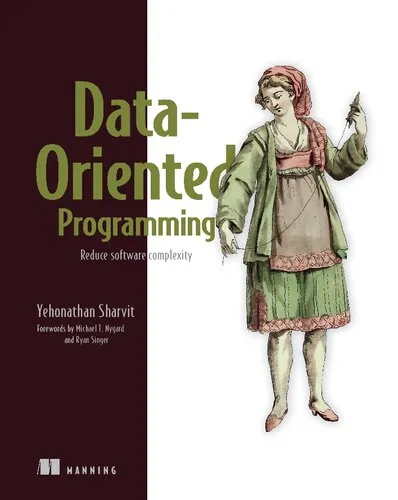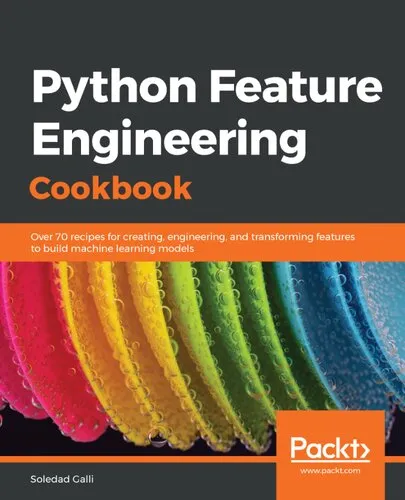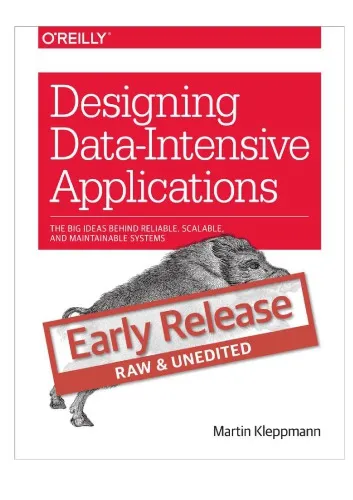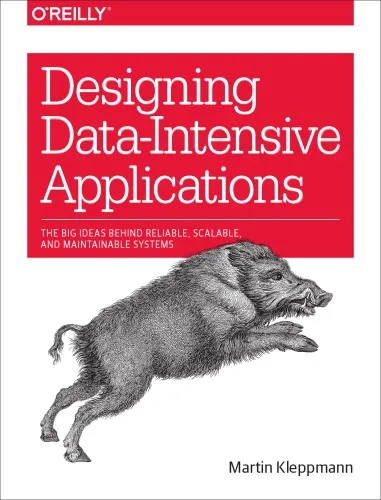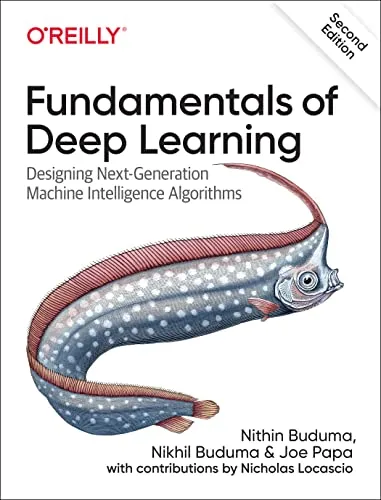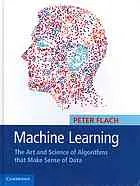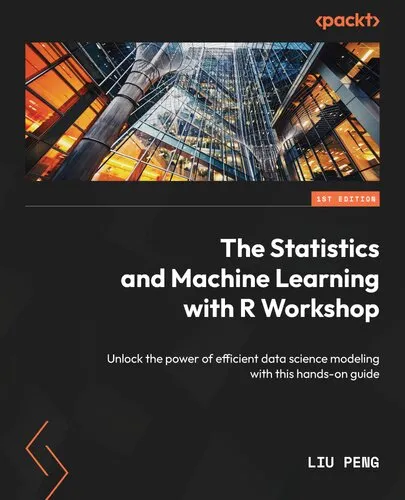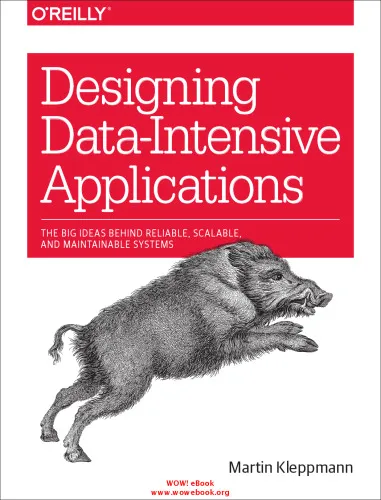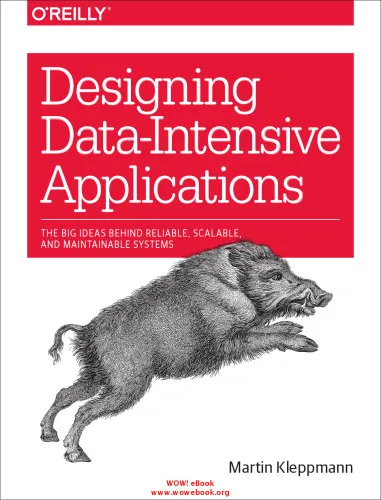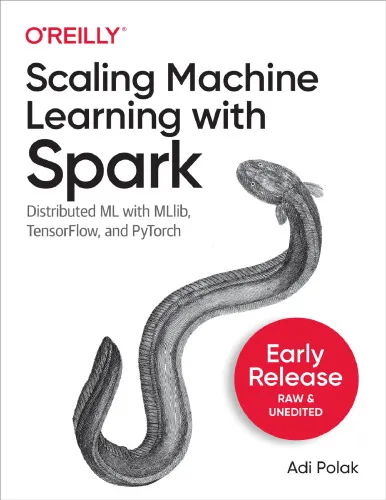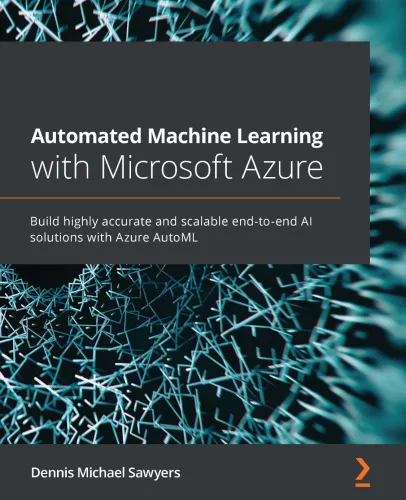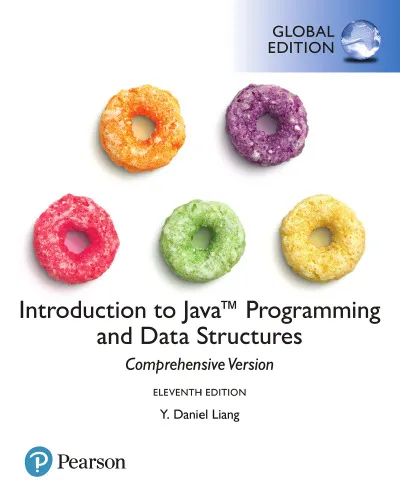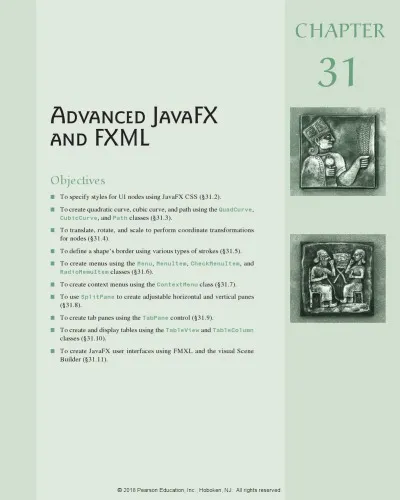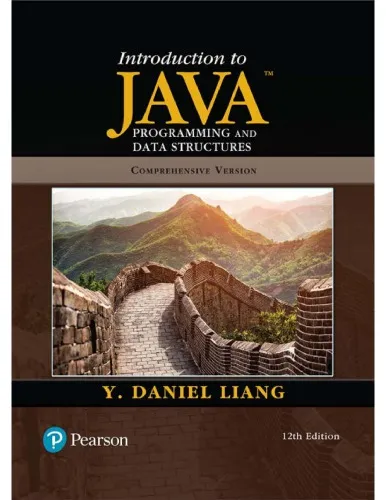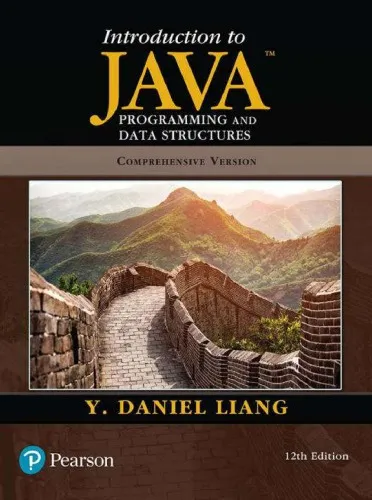Designing Data-Intensive Applications: The Big Ideas Behind Reliable, Scalable, and Maintainable Systems
5.0
Reviews from our users

You Can Ask your questions from this book's AI after Login
Each download or ask from book AI costs 2 points. To earn more free points, please visit the Points Guide Page and complete some valuable actions.Related Refrences:
Persian Summary
In today's fast-evolving world of technology, understanding the intricacies of data management has become essential for crafting applications that are not only robust but also scalable and maintainable. 'Designing Data-Intensive Applications: The Big Ideas Behind Reliable, Scalable, and Maintainable Systems', authored by Martin Kleppmann, serves as an essential guide for software engineers, system architects, and anyone involved in creating modern data-centric systems.
Summary of the Book
'Designing Data-Intensive Applications' delves into the core principles and technologies that govern data systems. It's structured to give readers a deep understanding of the architecture and the logic behind building data-driven applications. Kleppmann divides the book into several critical areas:
Starting with the Foundations of Data Systems, the book introduces readers to fundamental concepts such as batch and stream processing, databases, and their concurrent models. It's essentially the groundwork upon which more complex systems are built.
In Data Models and Query Languages, the book explores how information is structured and queried. It discusses various models like the relational, document, graph, and key-value paradigms, each offering unique insights into data representation.
The section on Storage and Retrieval covers key storage and indexing techniques, as well as the theory behind efficient data retrieval. It's essential reading for understanding data access patterns.
Finally, Consistency and Consensus dives into distributed systems, exploring the CAP theorem, latency, and consistency models, which are crucial for building systems that need to maintain integrity across distributed nodes.
Key Takeaways
The book offers several key insights:
- Understanding Trade-offs: Modern applications require careful balance between latency, consistency, and availability. Kleppmann presents a well-rounded perspective on each.
- Modern Data Concerns: Beyond traditional database models, the book takes readers through contemporary challenges like real-time data processing and hybrid cloud environments.
- Theoretical and Practical Balance: While engaging deeply with the theory, the book doesn't shy away from practical advice, making it versatile for both academic and professional settings.
Famous Quotes from the Book
"If you’re designing an application, and you want it to work reliably under unpredictable conditions, you need to understand its failure modes."
"As engineers, we are the creators of the digital revolution."
Why This Book Matters
As businesses increasingly depend on data-intensive applications for crucial functions, understanding the principles laid out in this book is more relevant than ever. The concepts are timeless, guiding technology decisions in evolving landscape.
Its comprehensive coverage of distributed systems, data models, and architecture paradigms gives practitioners the tools needed to design systems that are not only efficient but also robust under failure conditions. Furthermore, it challenges readers to consider the ethical dimensions of data usage and system design, a topic increasingly important in today's privacy-focused world.
Free Direct Download
You Can Download this book after Login
Accessing books through legal platforms and public libraries not only supports the rights of authors and publishers but also contributes to the sustainability of reading culture. Before downloading, please take a moment to consider these options.
Find this book on other platforms:
WorldCat helps you find books in libraries worldwide.
See ratings, reviews, and discussions on Goodreads.
Find and buy rare or used books on AbeBooks.
Questions about Book
4612
بازدید5.0
امتیاز10
نظر98%
رضایتReviews:
5.0
Based on 10 users review
saravanakumar5
Oct. 15, 2024, 6:18 p.m.
In today's fast-evolving world of technology, understanding the intricacies of data management has become essential for crafting applications that are not only robust but also scalable and maintainable. 'Designing Data-Intensive Applications: The Big Ideas Behind Reliable, Scalable, and Maintainable Systems', authored by Martin Kleppmann, serves as an essential guide for software engineers, system architects, and anyone involved in creating modern data-centric systems.
navid3
April 26, 2025, 5:25 p.m.
کتاب خیلی خوبیه، مطالب و دسته بندی و روند کتاب خیلی جالب و فکر شده است. خیلی روی تکنولوژی خاصی تایید نمیکنه ولی مفاهیم پایه ای رو بسیار زیبا و دقیق توضیح میده. کتاب آسون یا کوتاهی نیست. به نظرم بهتره حتما تجربهی عملی داشته باشید تا بتونین بهترین بهره رو ازش ببریم.
mustafa43
Aug. 5, 2025, 11:09 a.m.
great book realy great learning and starting tool marvelous seriosuly great should buy hundred percent
toki3
Sept. 4, 2025, 4:51 p.m.
a book you need to start implementing your own db system, or to understand what is going on the system you are using.
long092
Sept. 21, 2025, 3:41 a.m.
this is great book but less practical discussion, but with deep understand, it would help you a lot
dawid1
Oct. 31, 2025, 10:19 p.m.
Very good book on the topic. It really helped me understand how the system design process works. I'd recommend it to everybody
sami0
Sept. 15, 2025, 12:53 p.m.
Simple to Understand
Effective!!!
s.s
Dec. 21, 2025, 6:32 p.m.
Very good book love it!
aayush6
Dec. 22, 2025, 6:16 a.m.
this boooook is very very good and amazing
anu58
Dec. 27, 2025, 3:28 p.m.
this book Very good book on the topic. it is the best one i ever read
Questions & Answers
Ask questions about this book or help others by answering
No questions yet. Be the first to ask!
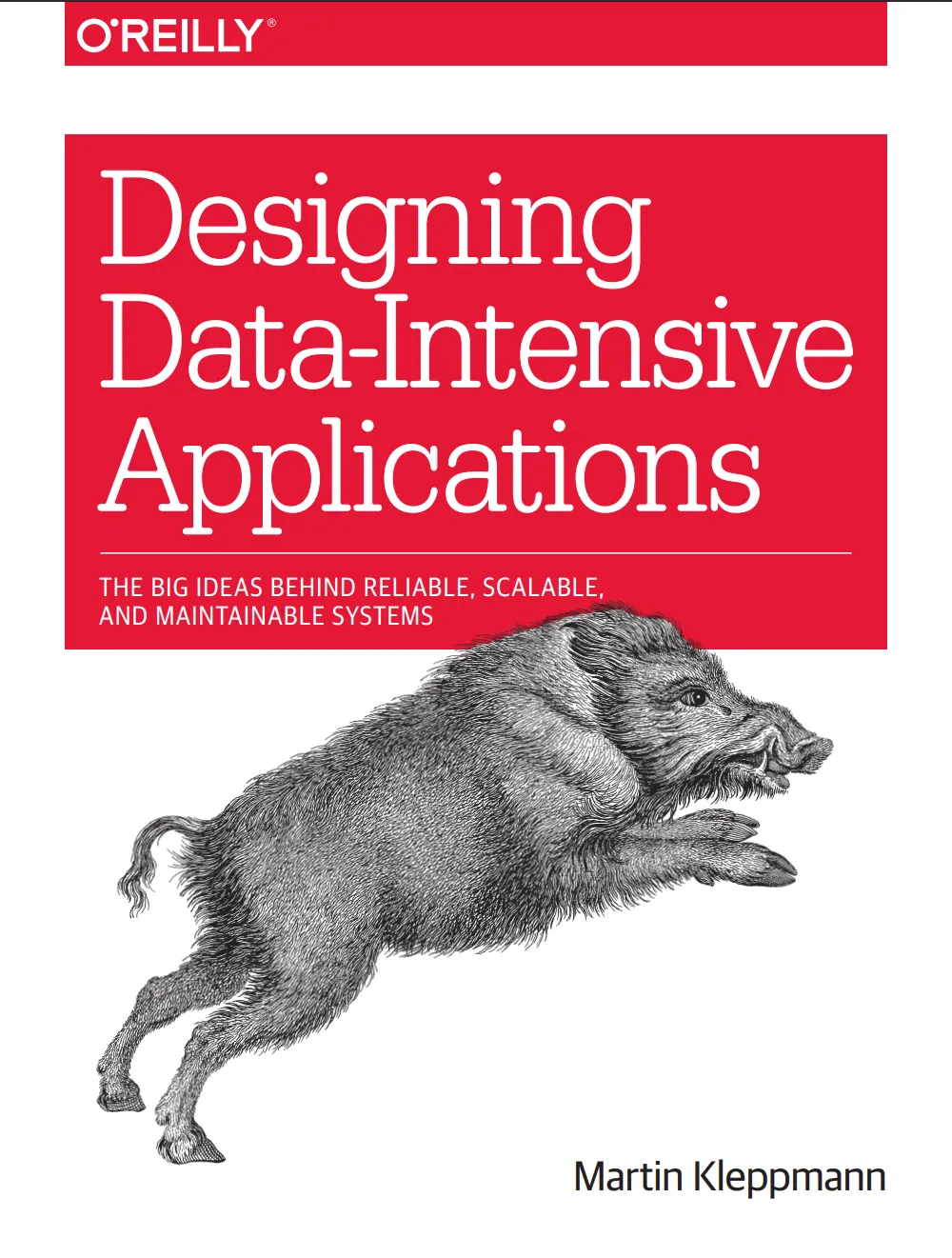

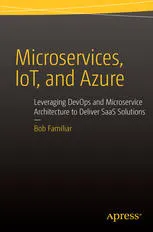
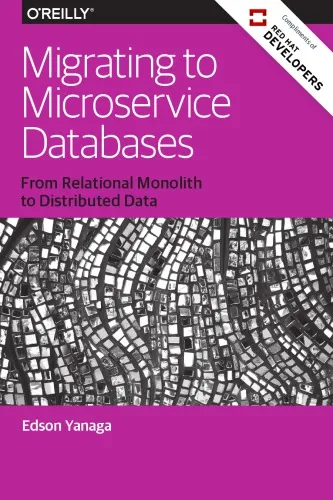

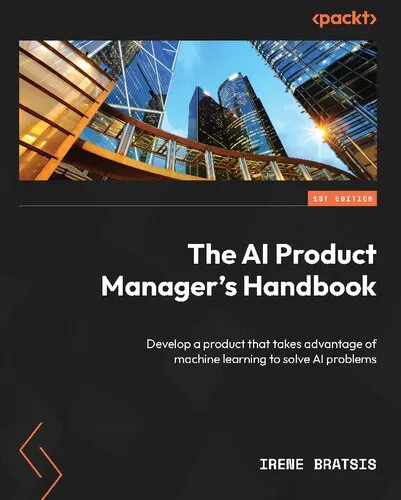


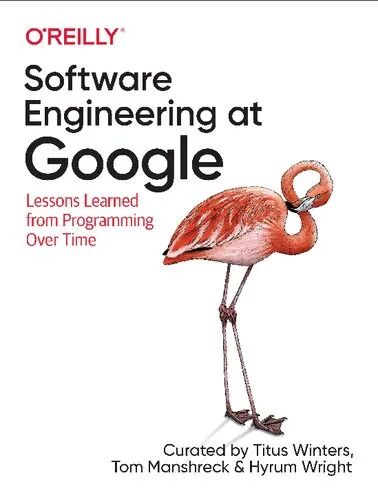



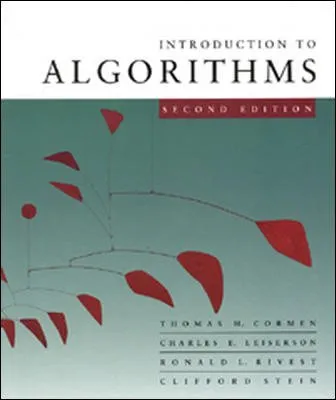
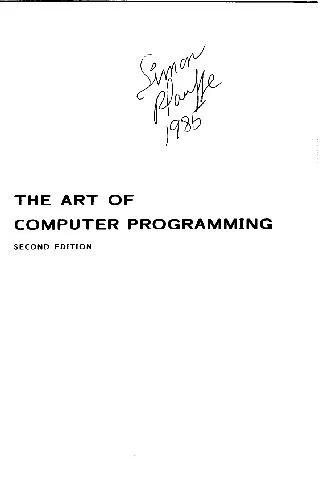
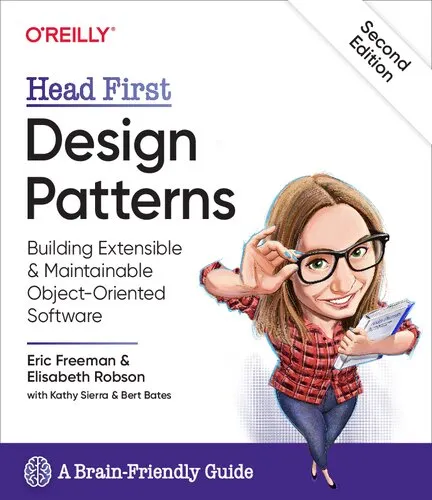

![Effective Java[TM], second edition](https://s3.refhub.ir/images/thumb/Effective_Java_TM___second_edition_1388.webp)
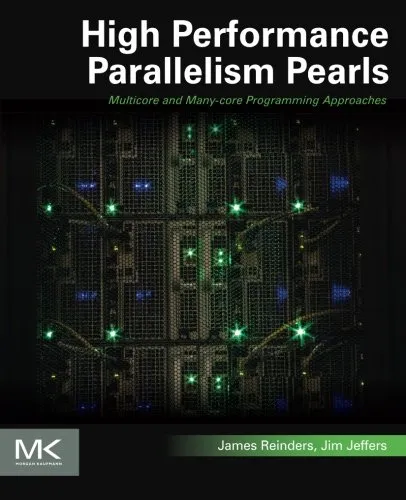
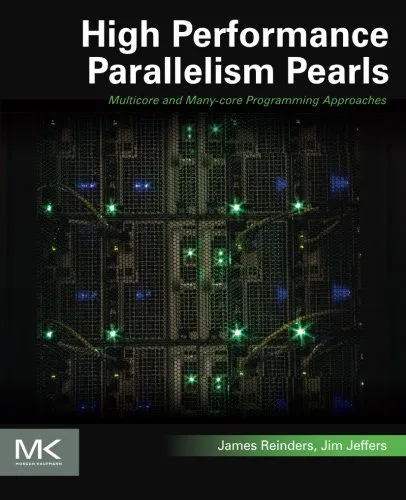








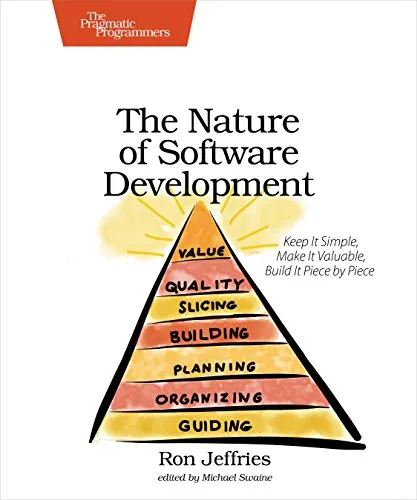
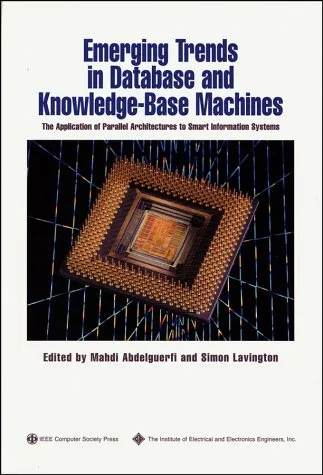

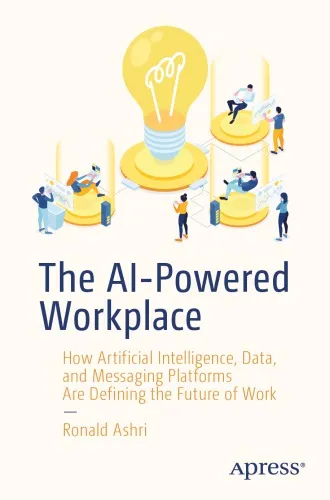
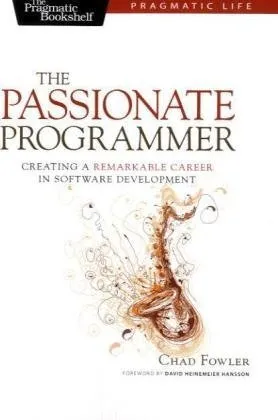
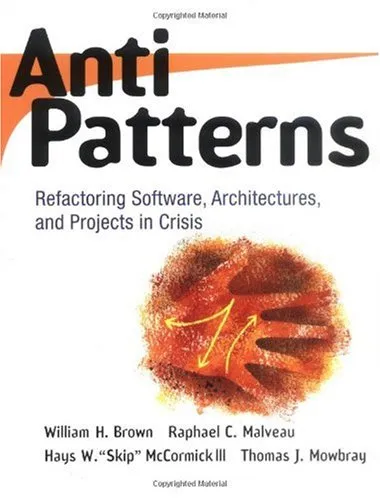
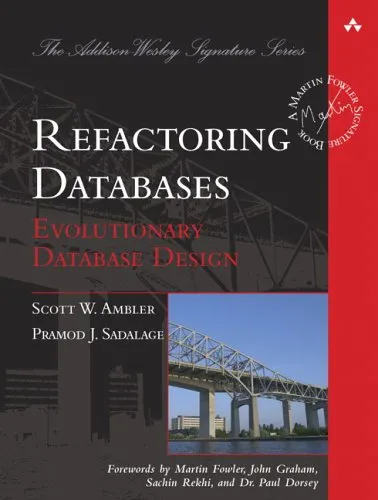
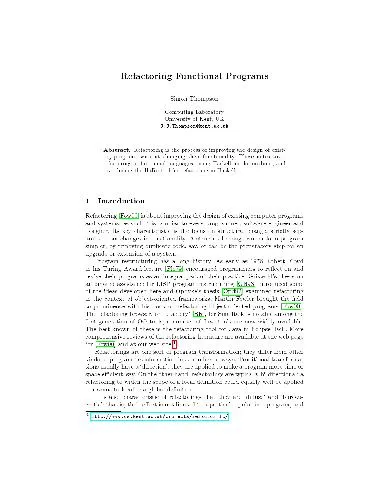



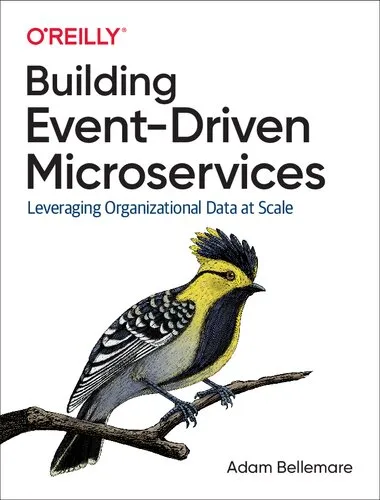
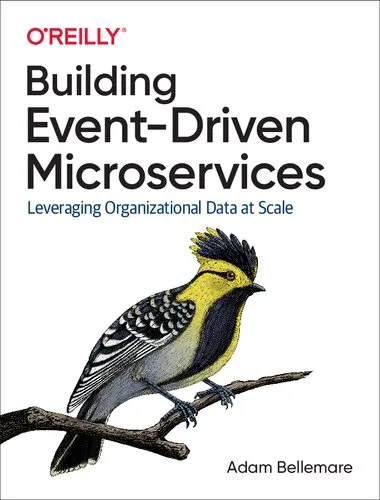

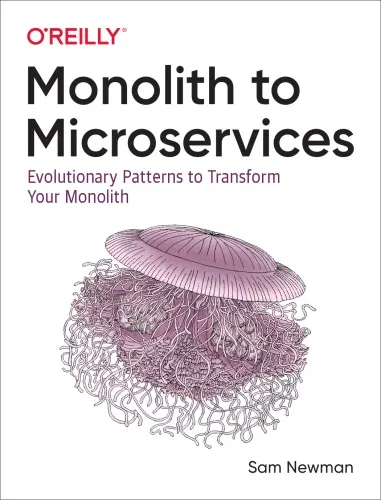


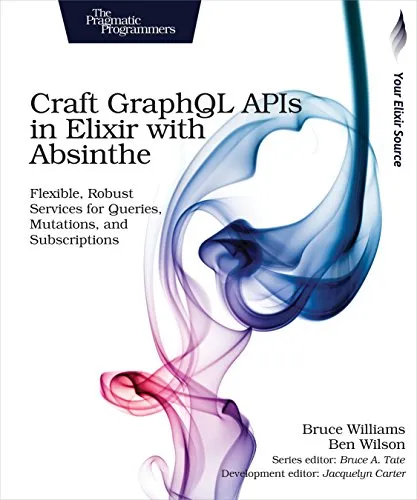

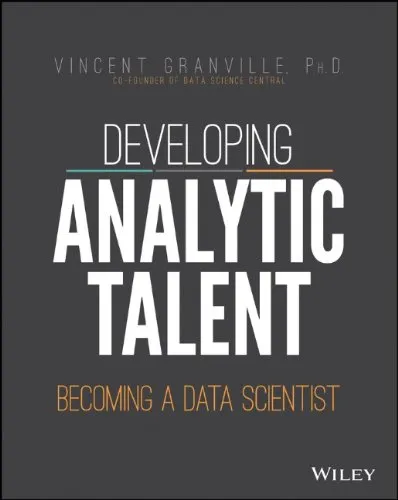
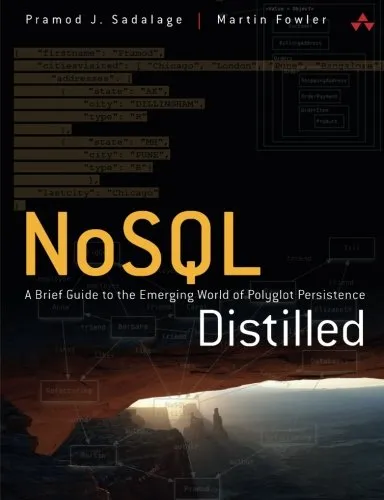
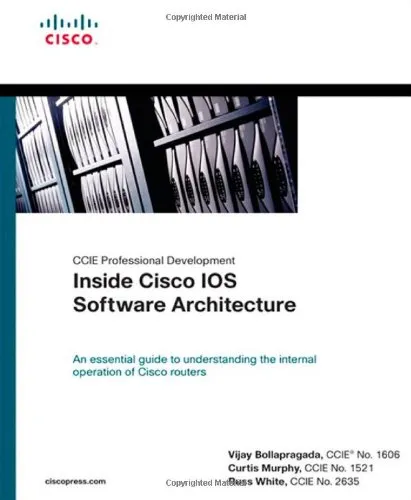
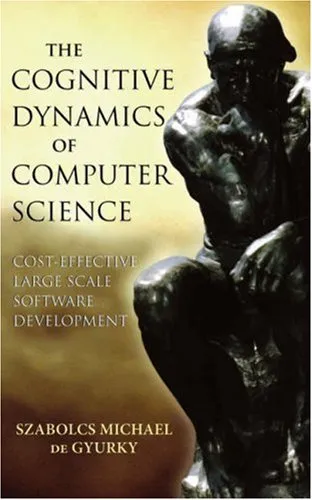
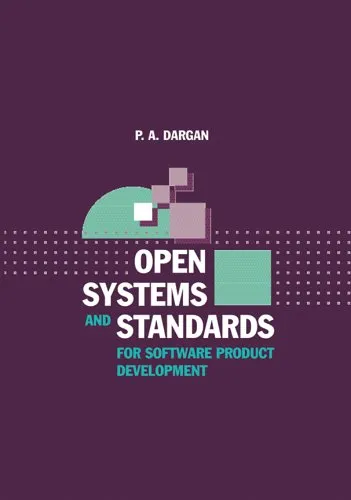




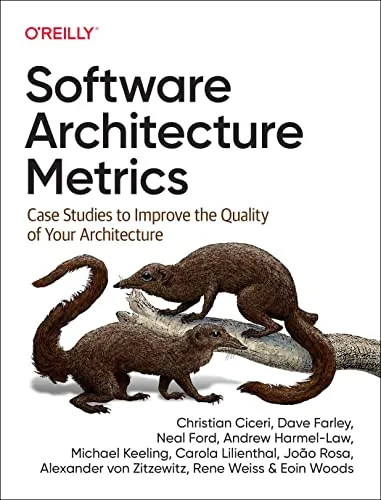
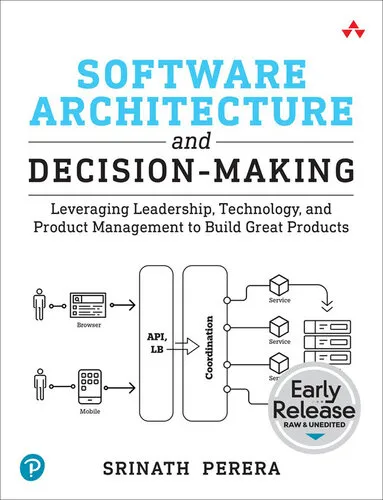
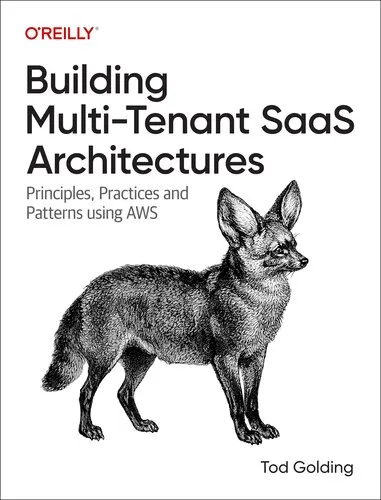
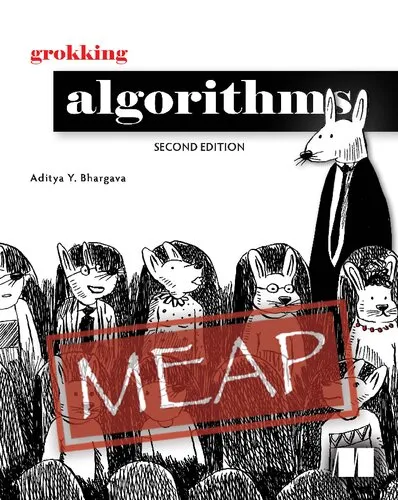



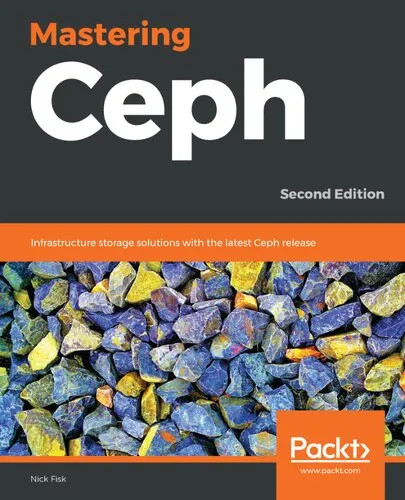






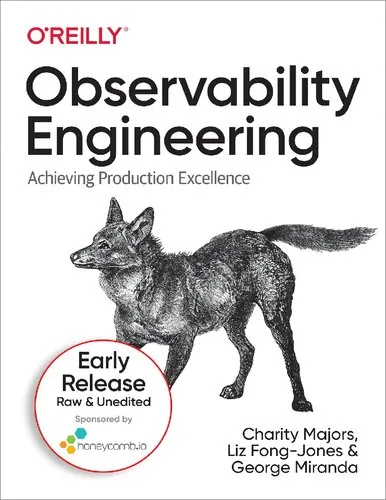


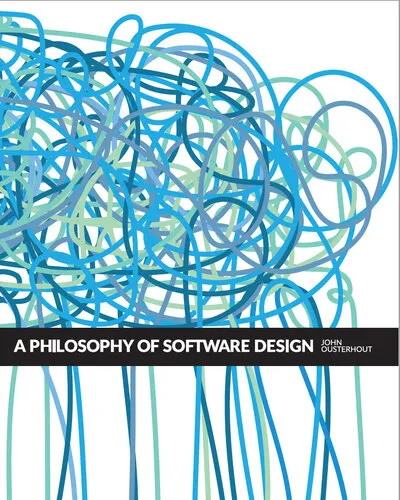
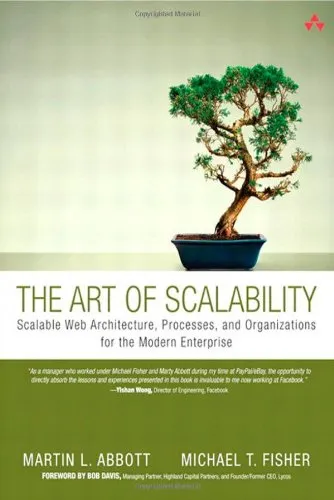


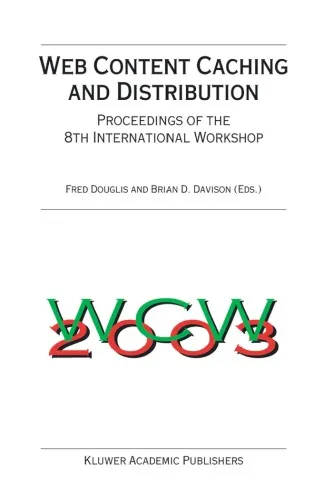

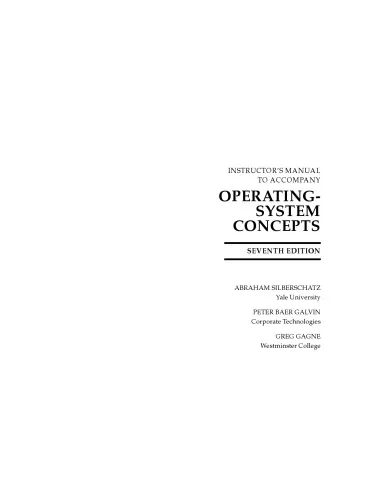
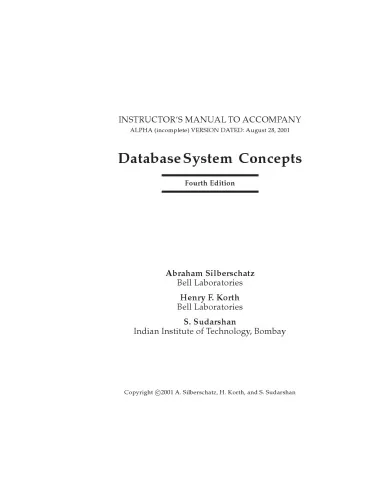

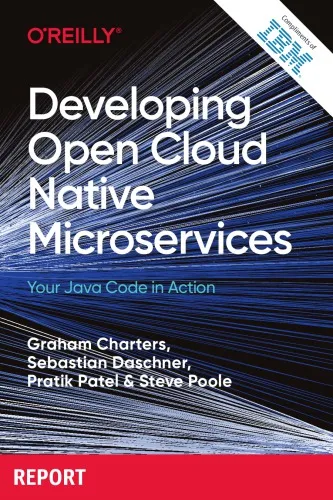













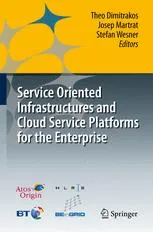
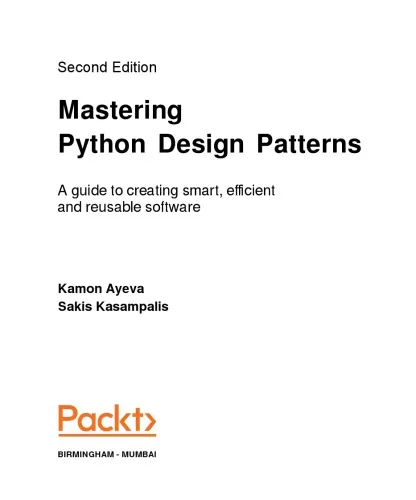
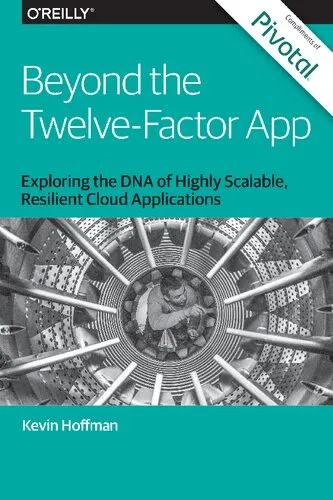
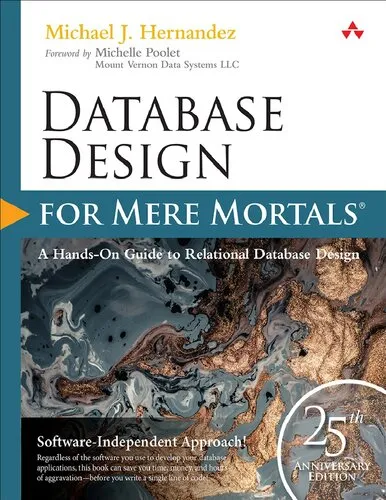


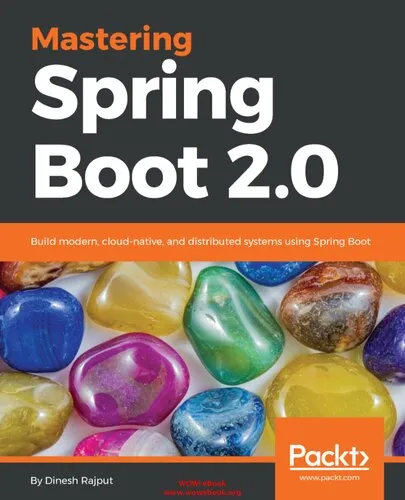


![DATA SCIENCE FROM SCRATCH: From Data Visualization To Manipulation. It Is The Easy Way! All You Need For Business Using The Basic Principles Of Python And Beyond [REVISED & EXPANDED EDITION]](https://s3.refhub.ir/images/thumb/DATA_SCIENCE_FROM_SCRATCH__From_Data_Visualiz_4549.webp)
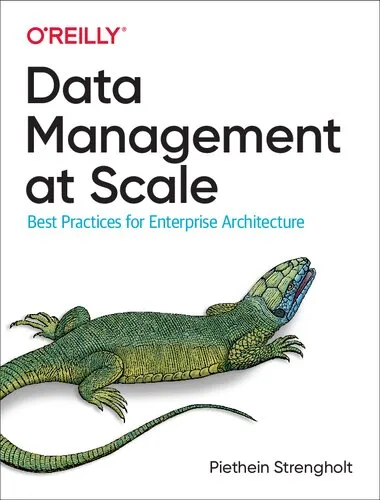

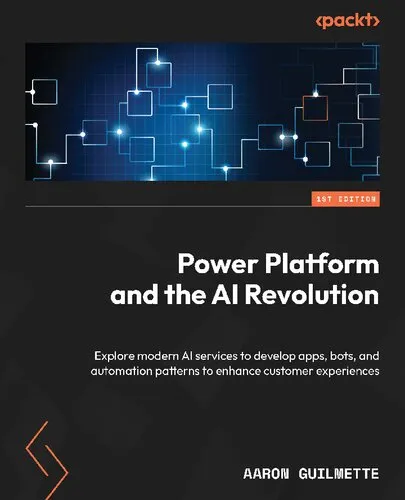


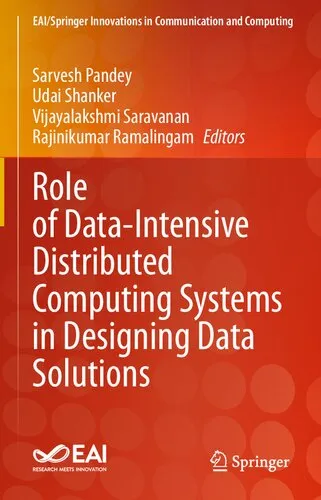
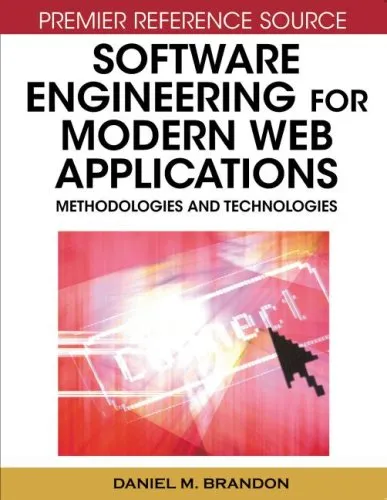

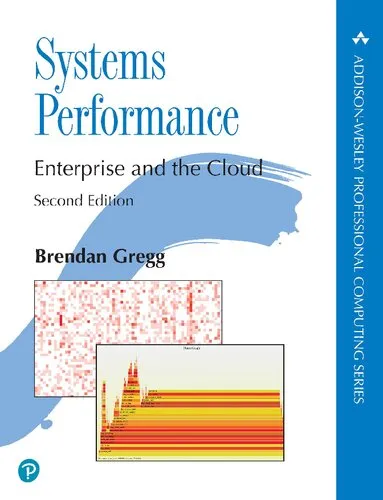

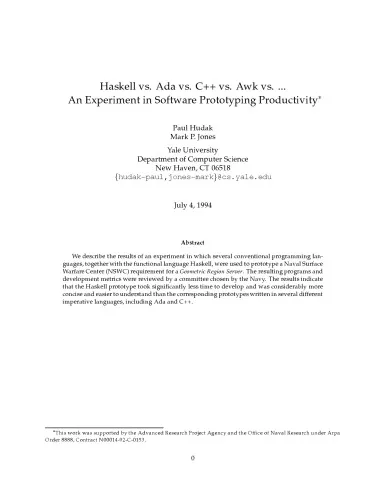


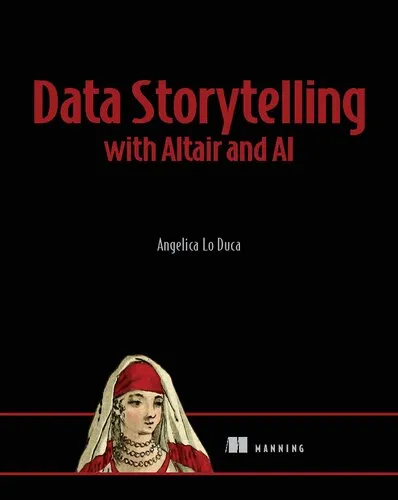


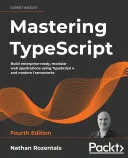
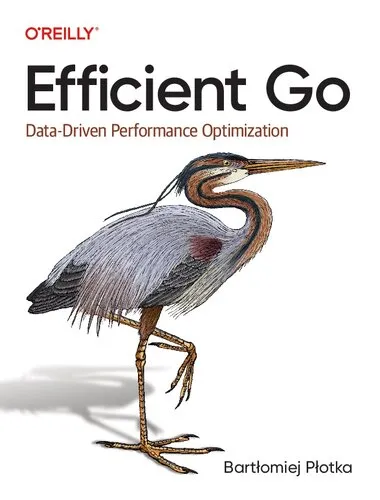
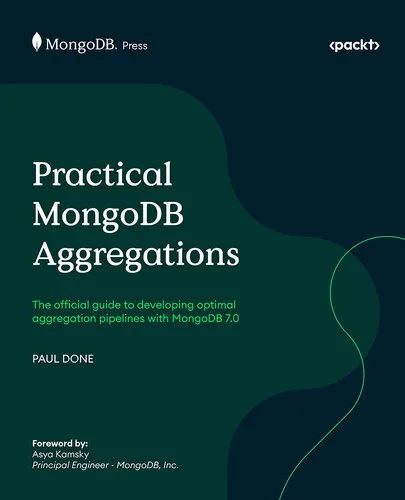
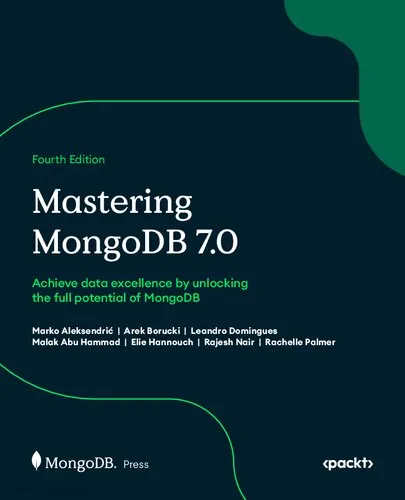
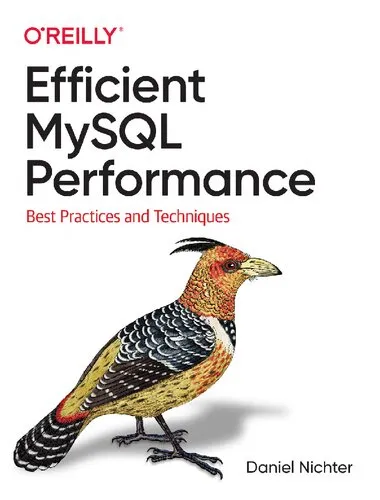
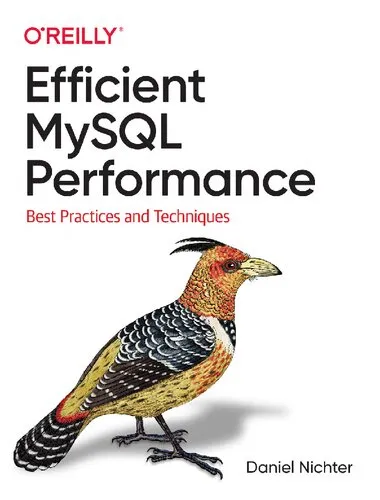
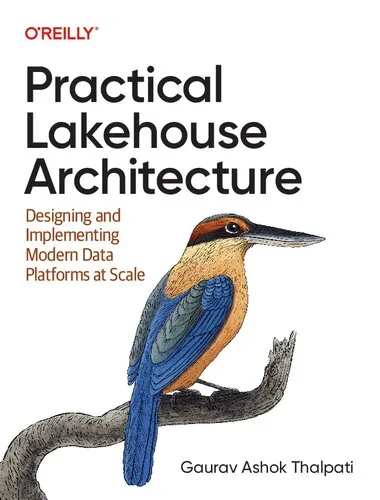
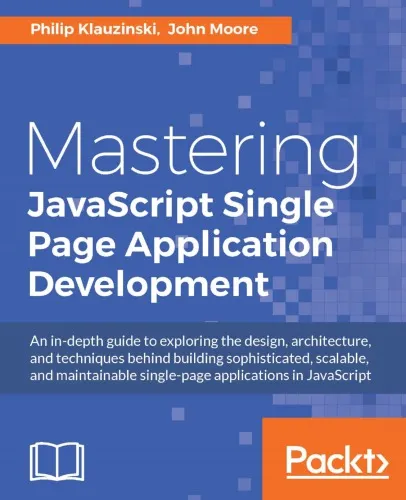
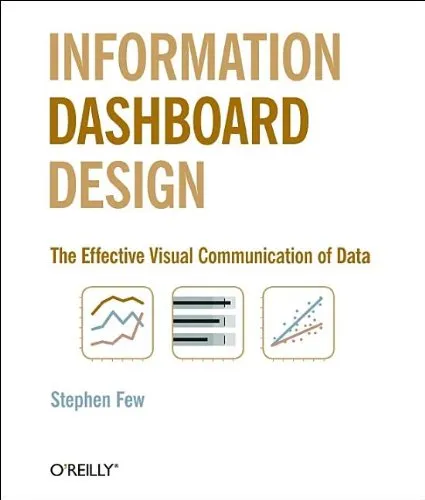
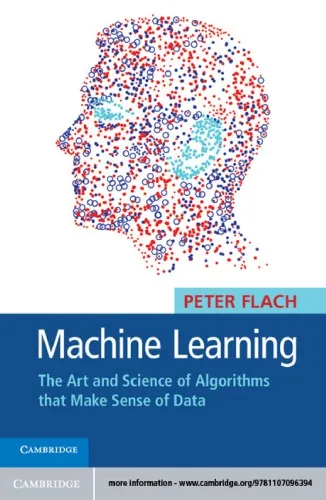
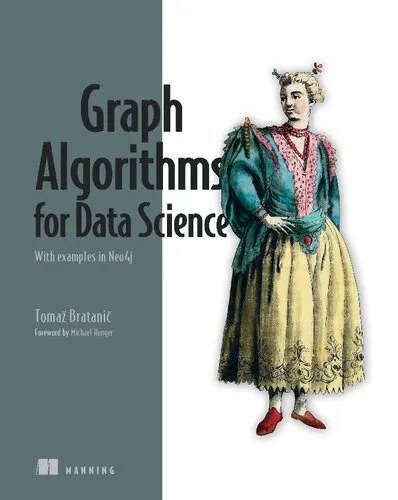

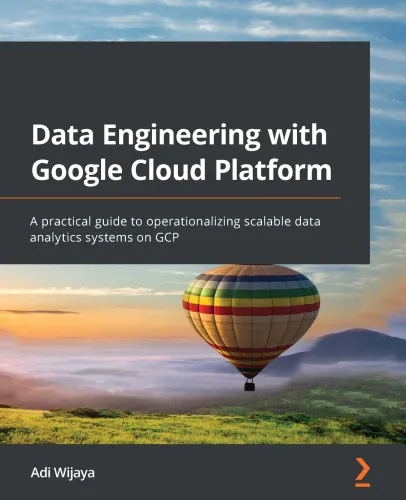
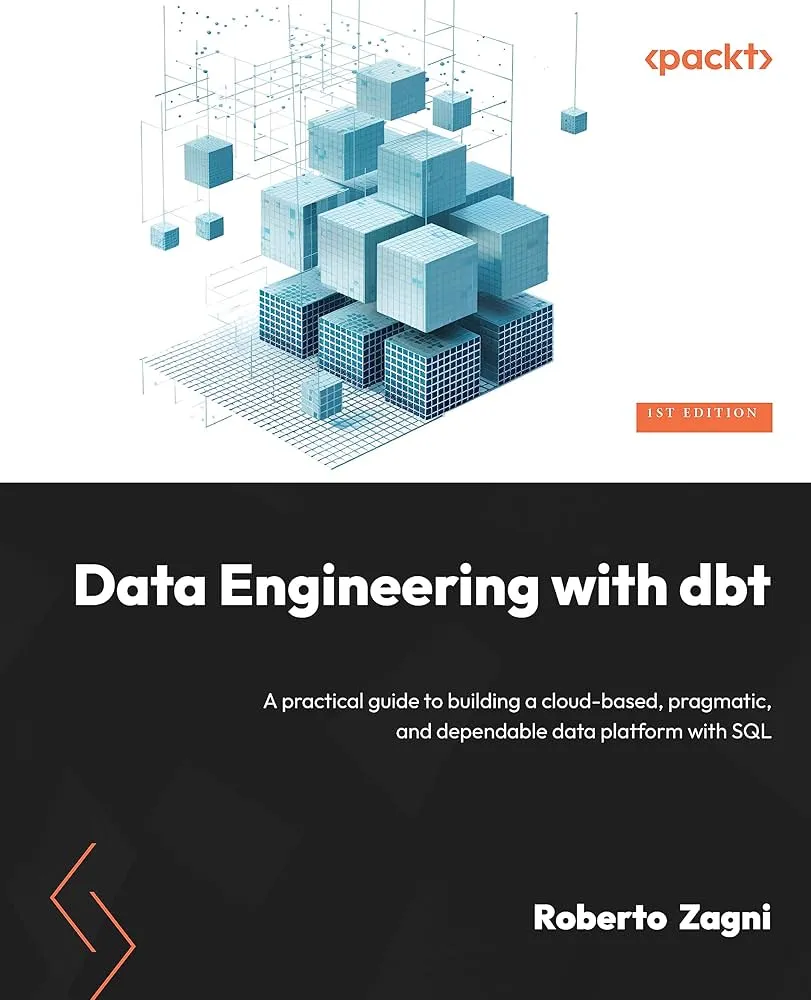
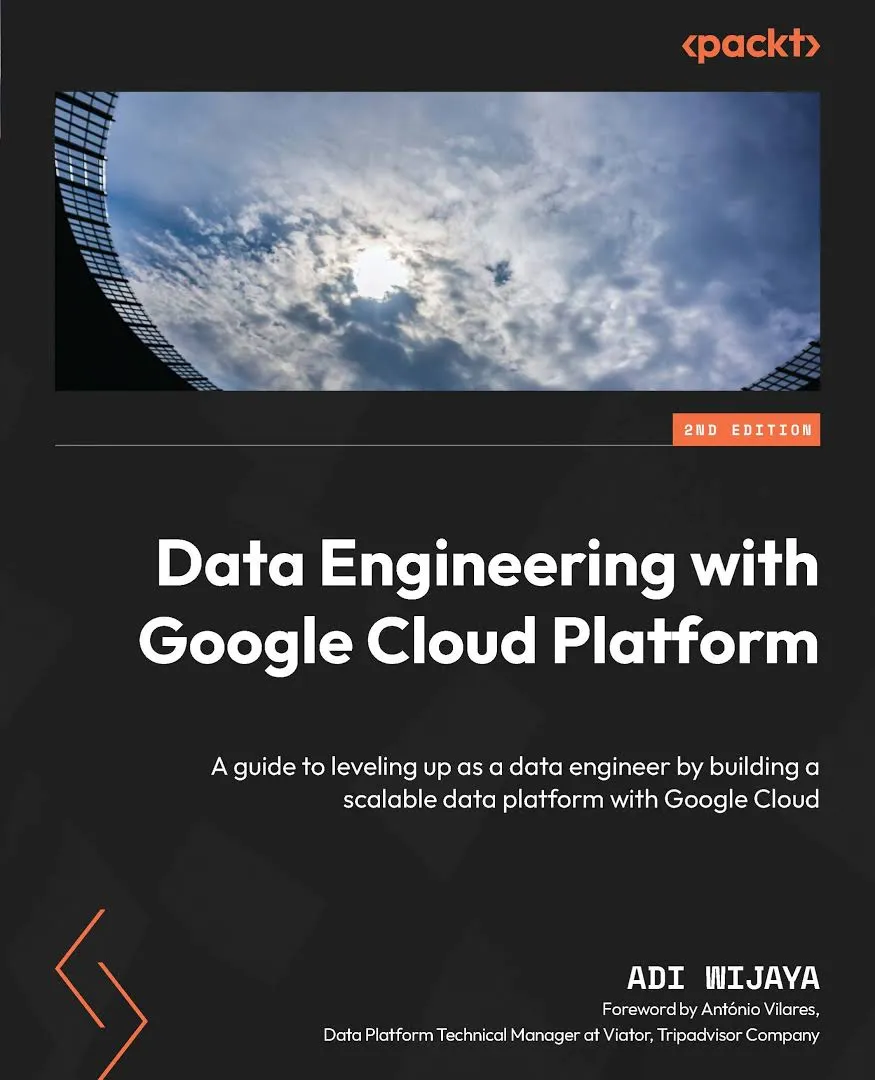
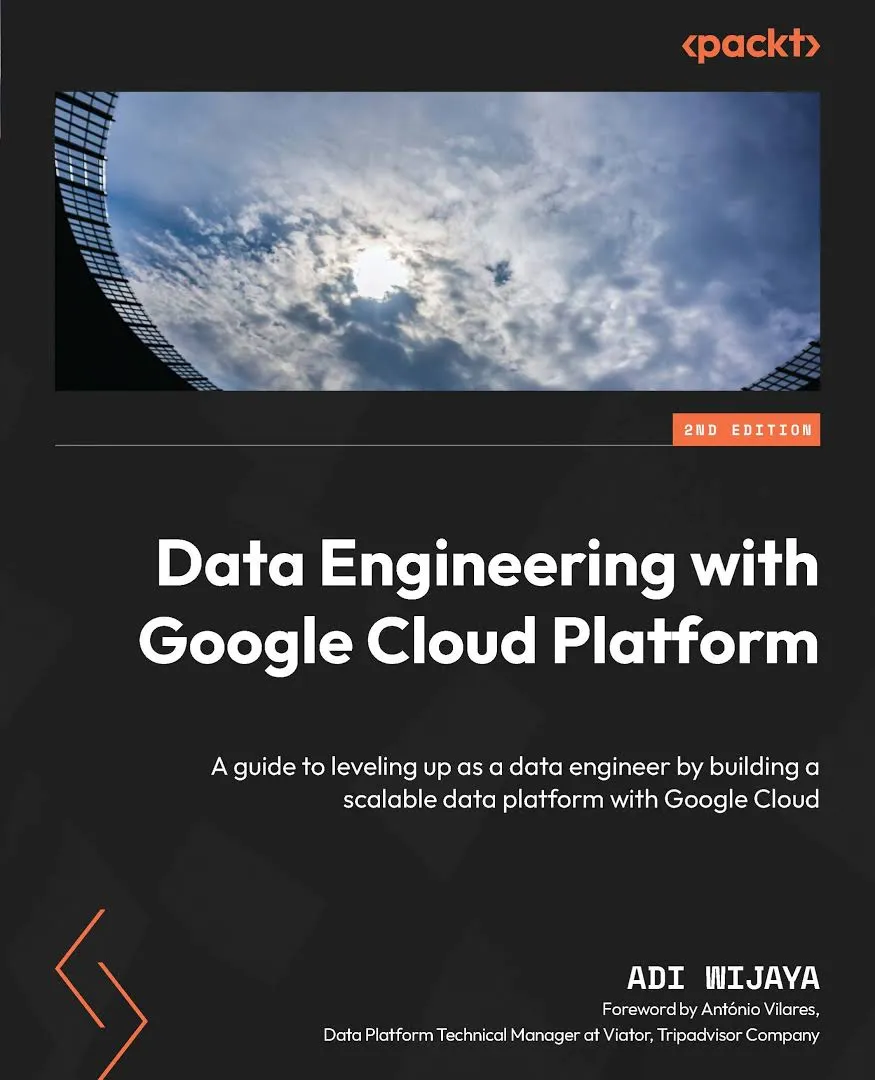
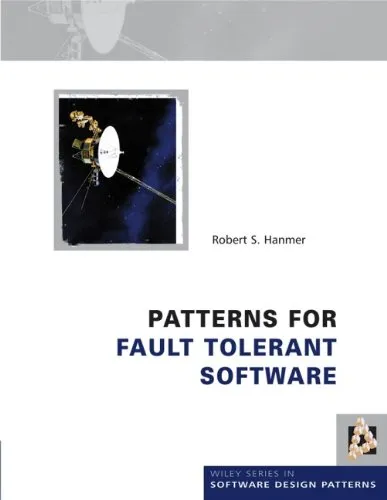
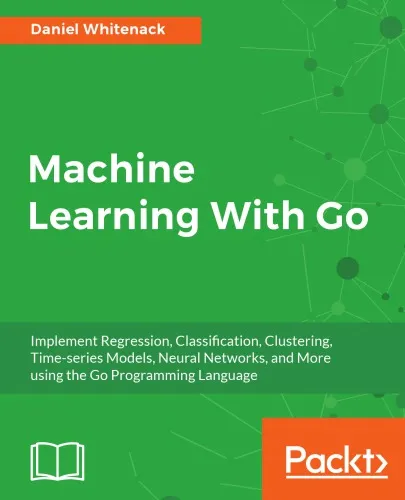



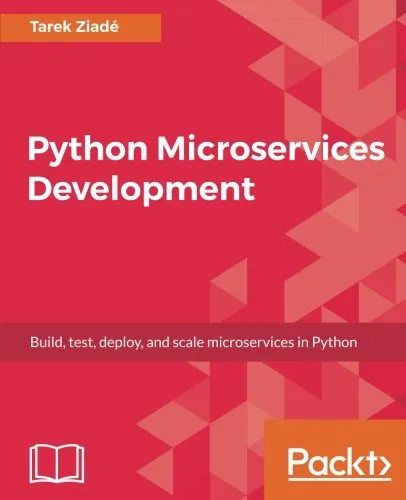
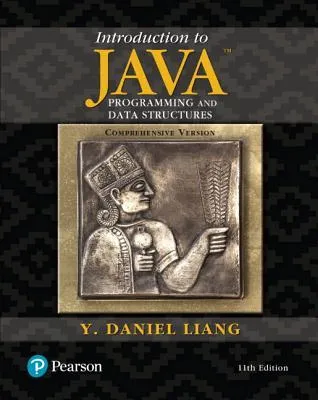
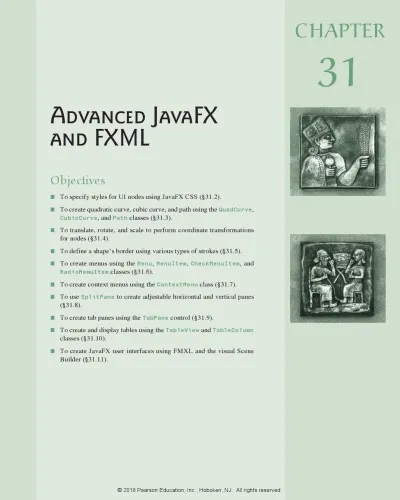
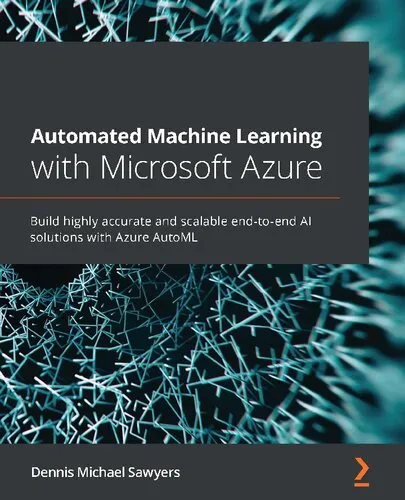
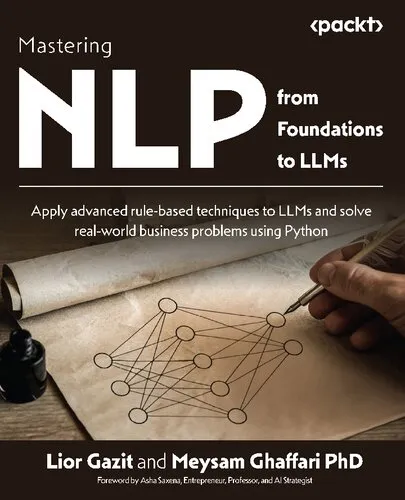







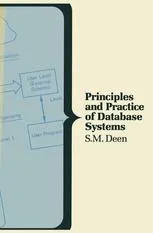
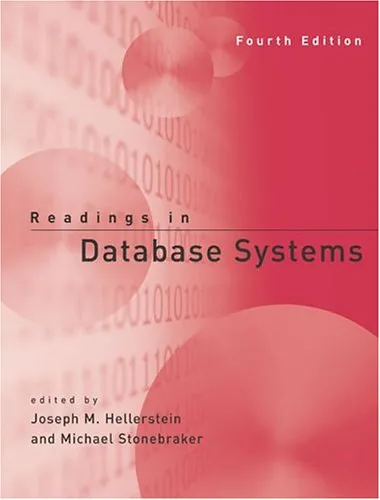
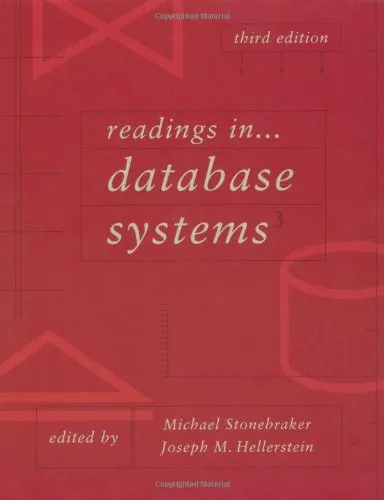
![Seven Databases in Seven Weeks [2nd ed.]](https://s3.refhub.ir/images/thumb/Seven_Databases_in_Seven_Weeks__2nd_ed_31293.webp)
